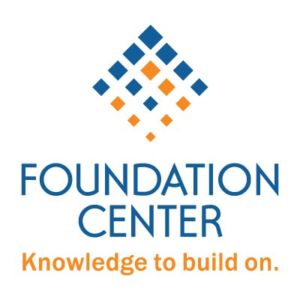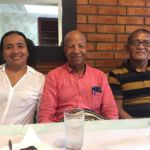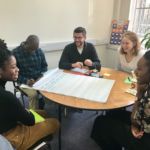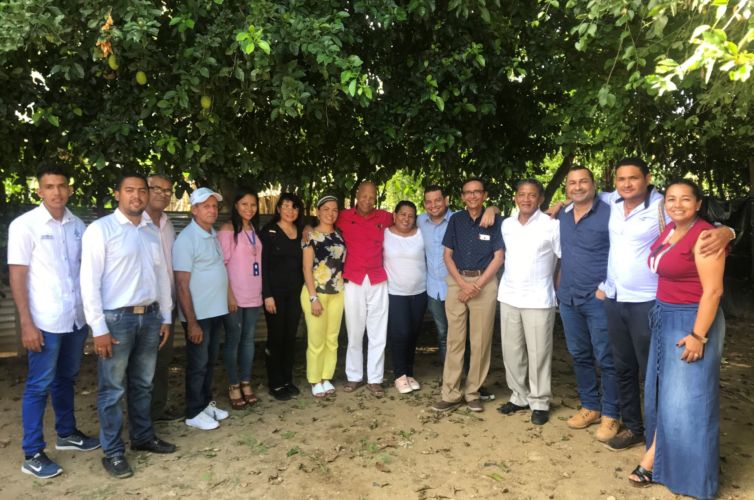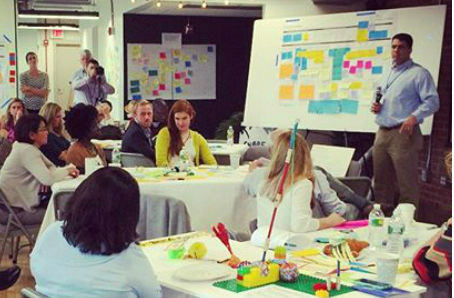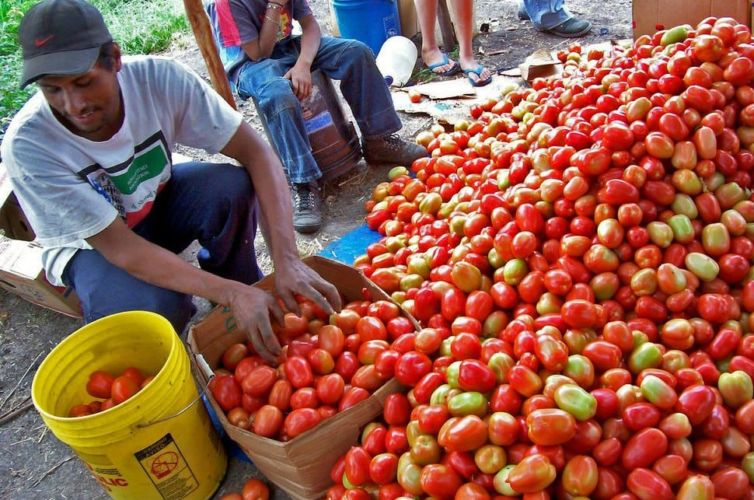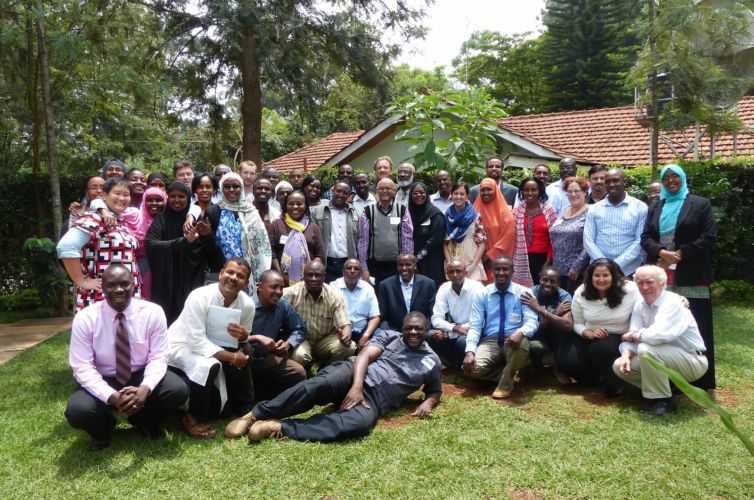About the Project
For local actors to take the lead in development, local organizations must have sufficient and appropriate financial resources for long-term planning and implementation. Although many resources exist to help local civil society organizations diversify and improve their financial sustainability models, uptake is low and the challenges to sustainability are heavily context-dependent, often beyond the capacities for any one local organization. To address these challenges, in 2017 the localworks program at USAID launched the Facilitating Financial Sustainability (FFS) activity, implemented by LINC, Peace Direct and Foundation Center.
FFS, which runs from 2017-2020, is focused on identifying and improving the underlying factors for CSO financial sustainability and empowering local organizations and local populations to lead and influence development decision-making.
The FFS project had three distinct phases:
Phase 1
The team conducted an ambitious research project exploring the drivers of CSO financial sustainability in Colombia, Mexico, Uganda, Democratic Republic of Congo, Bosnia & Herzegovina, and the Philippines. This work included two primary studies: 1) an in-depth analysis of funder strategies to support financial sustainability; and 2) an in-depth analysis of systemic challenges faced by CSOs and successful practices for achieving financial sustainability in various contexts. This research culminated in the publication of three research papers, which provide key information on how civil society actors, funders, policymakers, and other relevant individuals can support and increase local CSO financial sustainability.
Phase 2
Relying on the research, in 2018 the consortium launched an Action Learning Group” (ALG) in three of the research countries (Colombia, Uganda, and the Democratic Republic of Congo) to bring together a diverse group of local stakeholders interested in collectively identifying and acting on opportunities to improve local financial sustainability and reduce dependence on international donors.
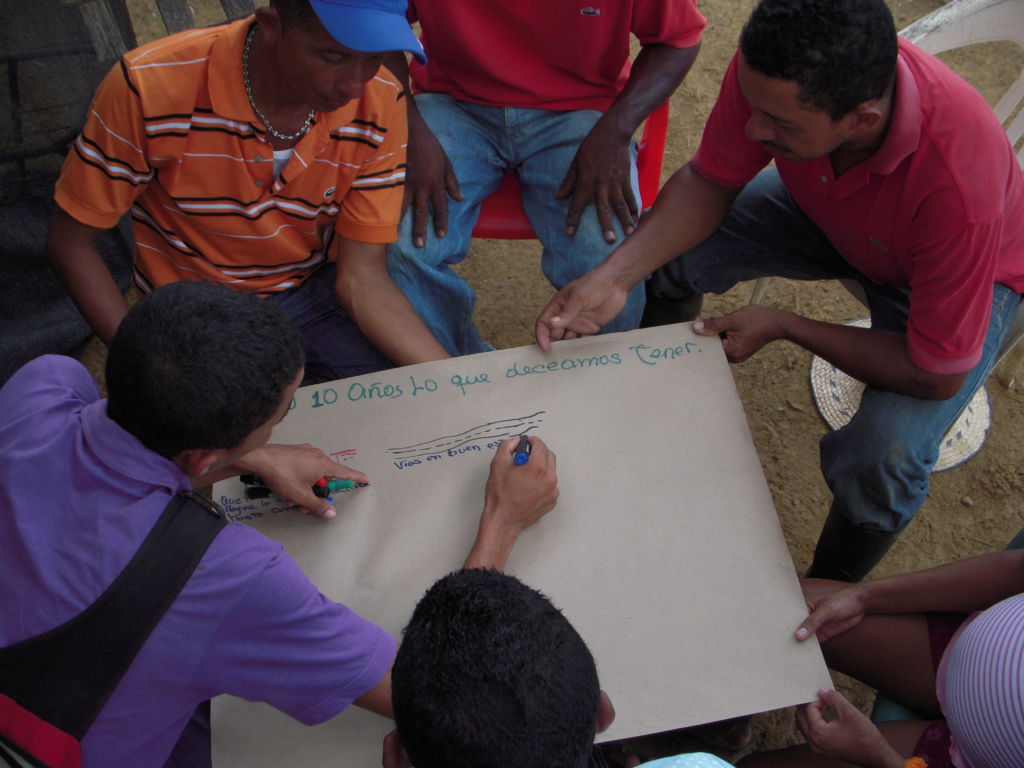
The ALGs utilized insights from the research as the starting point for participant-developed initiatives to improve local organization financial sustainability. At the end of the activity, the FFS team left behind established, effective, and sustainable ALGs in the countries.
Phase 3
Based on the lessons learned and materials developed during this process, the third phase of FFS resulted in the development of a replicable user-friendly model for different stakeholders (including CSOs, donors, intermediaries, and service providers) to replicate in a wide variety of development contexts.

